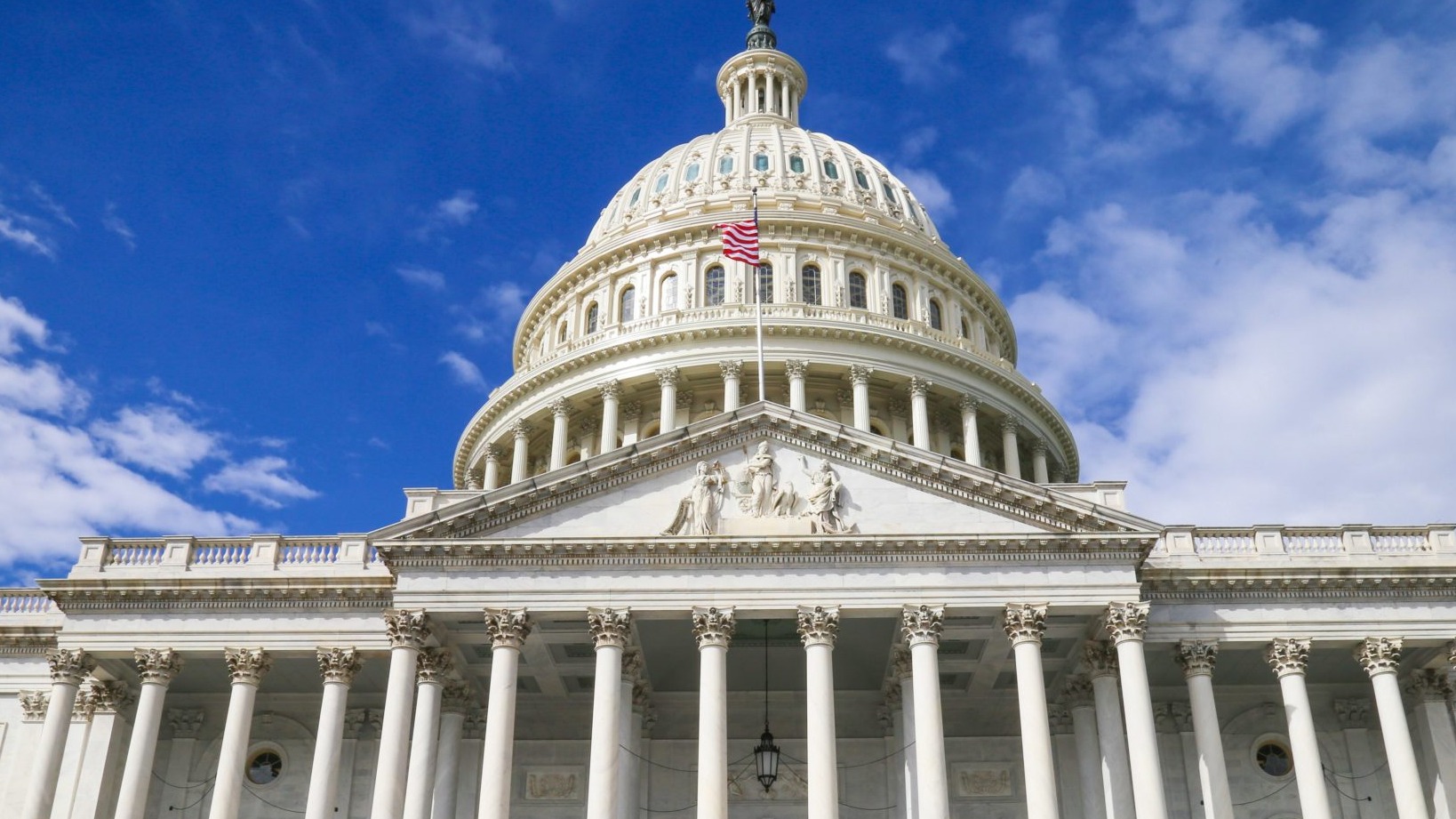House Republicans have passed a massive new tax and spending proposal dubbed the “One Big Beautiful Bill Act,” aiming to rewrite large portions of the U.S. tax code while reshaping safety net programs and personal finance tools. The multi-trillion-dollar legislation is already stirring debate on Wall Street and Main Street alike, with wide-reaching implications for taxpayers, investors, and public programs.
One of the centerpiece changes is the permanent extension of the 2017 Trump tax cuts, along with a significant expansion of the SALT (state and local tax) deduction. The new cap would rise to $40,000 in 2025—up from $10,000—before gradually increasing through 2033. The benefit phases out for incomes above $500,000, reinforcing its tilt toward middle- and upper-middle-income households.
The bill temporarily boosts the child tax credit from $2,000 to $2,500 through 2028, but offers no added benefit for families with very low incomes who don’t owe federal tax. Analysts caution that about 17 million children may continue to be left out of full credit eligibility.
Among the new personal finance tools is a $4,000 “bonus deduction” for seniors aged 65 and up, aimed at helping retirees reduce their taxable income. It applies fully to individuals earning up to $75,000 and couples earning up to $150,000.
The legislation also expands the reach of health savings accounts (HSAs), doubling annual contribution limits to $8,600 for individuals and $17,100 for couples earning under $75,000 and $150,000, respectively. Starting in 2026, HSAs could also be used for select fitness expenses, like gym memberships, up to $500 per individual or $1,000 per couple.
A notable new provision introduces government-seeded savings vehicles for children, now branded “Trump Accounts.” These accounts start with a $1,000 deposit from the U.S. Treasury and can be used for education, home buying, or launching a business. Parents can contribute up to $5,000 annually, with investments growing tax-deferred.
There are also breaks for car buyers and tipped workers. A new tax deduction allows up to $10,000 in annual auto loan interest for vehicles assembled in the U.S., while tip income for workers earning under $160,000 would be temporarily exempt from federal tax through 2028.
To fund these changes, the bill proposes historic cuts to Medicaid and SNAP, totaling roughly $1 trillion. Tighter work requirements could result in 14 million people losing health coverage and 3 million households losing food assistance, according to policy analysts.
For student borrowers, the news isn’t good. The bill would eliminate subsidized loans, meaning interest would begin accruing while students are in school. Forgiveness on income-driven repayment plans would be delayed to 30 years in many cases, drawing criticism from higher education experts.
Though markets may welcome expanded consumer spending power and tax relief, concerns about the growing deficit and the bill’s political path forward loom large. The Senate is expected to revise key components before a final vote.
Whether the “Big Beautiful Bill” becomes law as drafted or is reshaped in the coming weeks, its impact could ripple across household budgets and investment strategies for years.

